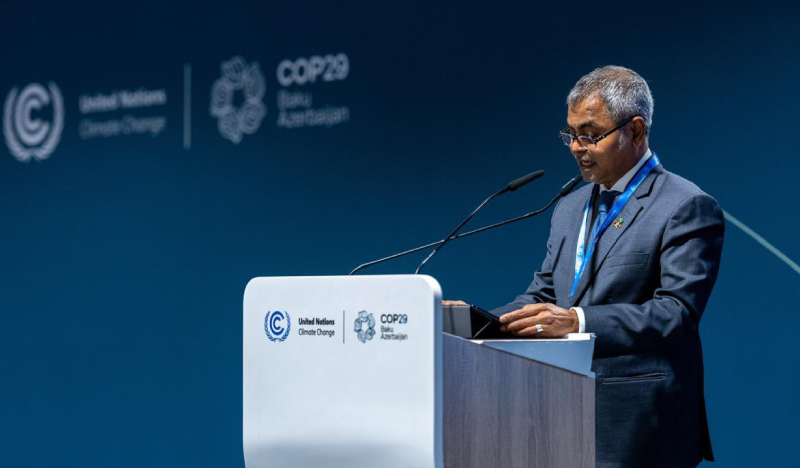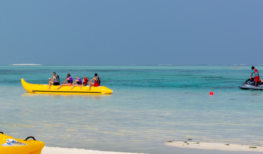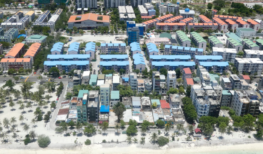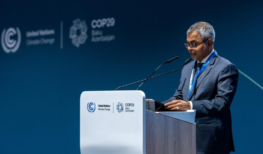Minister Thoriq Ibrahim Describes USD 300bn Climate Finance Agreement as “Disappointing”

Photo: Thoriq Ibrahim / X
Thoriq Ibrahim, the Maldives’ Minister of Climate Change, Environment, and Energy, has described the USD 300 billion climate finance deal reached at the COP29 conference in Baku as “disappointing” and insufficient to address the needs of small island nations.
The agreement, finalised on Sunday after days of negotiations at the 29th Conference of Parties in Azerbaijan, aims to triple the flow of climate finance to developing countries. However, it falls short of the USD 1.3 trillion annually that poorer nations had demanded to help decarbonise their economies and adapt to the impacts of climate change. Instead, the $1.3 trillion figure remains an aspirational target.
In a televised interview with Al Jazeera, Minister Thoriq criticised the deal, stating it was inadequate for countries like the Maldives to implement necessary adaptation measures.
“We felt very disappointed. Three hundred billion is just a very, very tiny amount of funds for us, especially for Maldives and other small island states, to make sure we are adapted to the impacts of climate change,” he said.
Thoriq emphasised that while the pledged amount could serve to “kickstart” efforts towards meeting nationally determined contributions and implementing national adaptation plans, it was far from sufficient to address the scale of the crisis.
“It is nowhere near enough to tackle the true scale of the problem. While we were disappointed, we feel this amount can at least help us begin and move forward,” he said.
Despite the dissatisfaction, the Maldives delegation ultimately endorsed the agreement, with Thoriq explaining that progress was necessary. “We went along with the agreement because we have to move forward,” he said.
Thoriq called for reforms to the COP negotiation process, highlighting the need for earlier clarity on funding amounts.
“This has to be a bit more reformed in the future so that the numbers have to be there on the table very early in the process so that we will have enough time to bargain and get ourselves an agreement,” he said.
Thoriq also underscored the importance of securing specific allocations for small island developing states in future negotiations.
“From now onwards, we need to work on determining the percentage of grant money available, especially for small island states, and how much we can achieve from that. I believe we still have negotiation time for this,” he concluded.
The COP29 agreement comes amid mounting pressure on wealthier nations to provide greater financial support to vulnerable countries bearing the brunt of climate change. However, the gap between pledged funds and what is deemed necessary highlights ongoing challenges in achieving equitable climate action.







